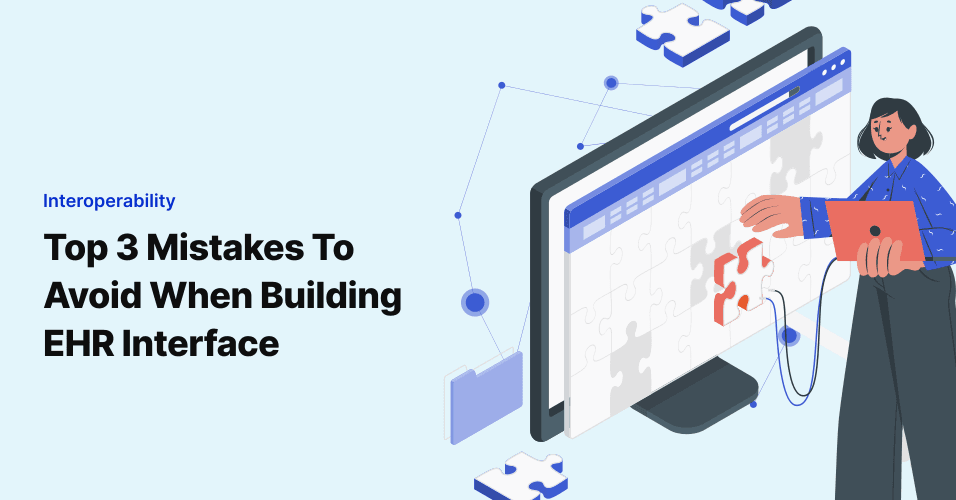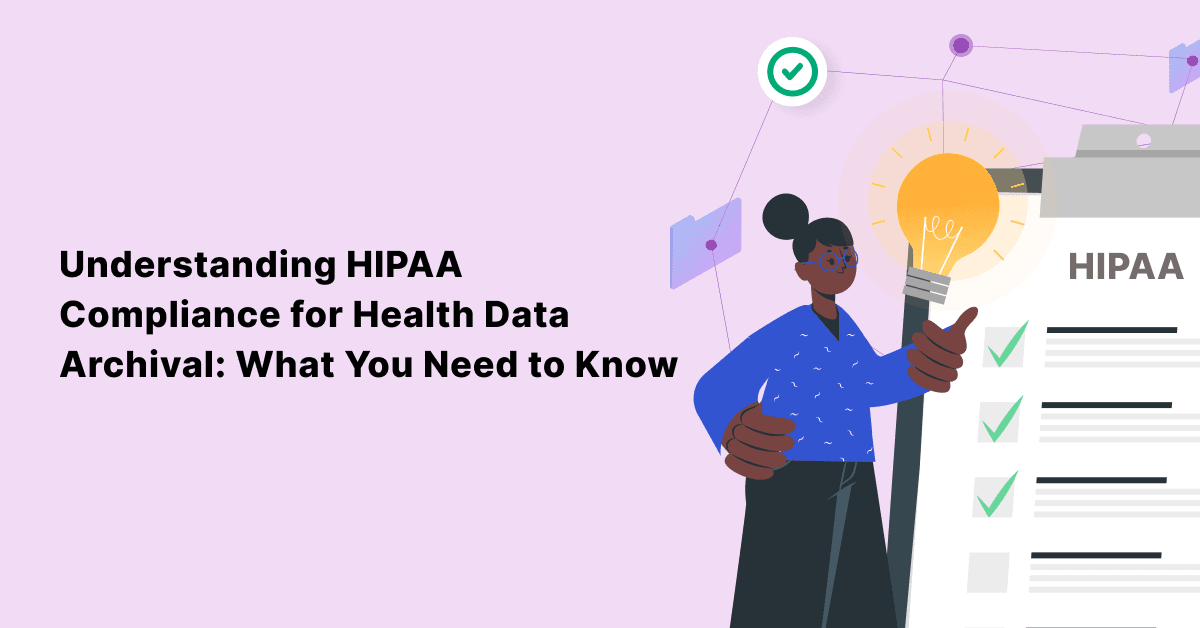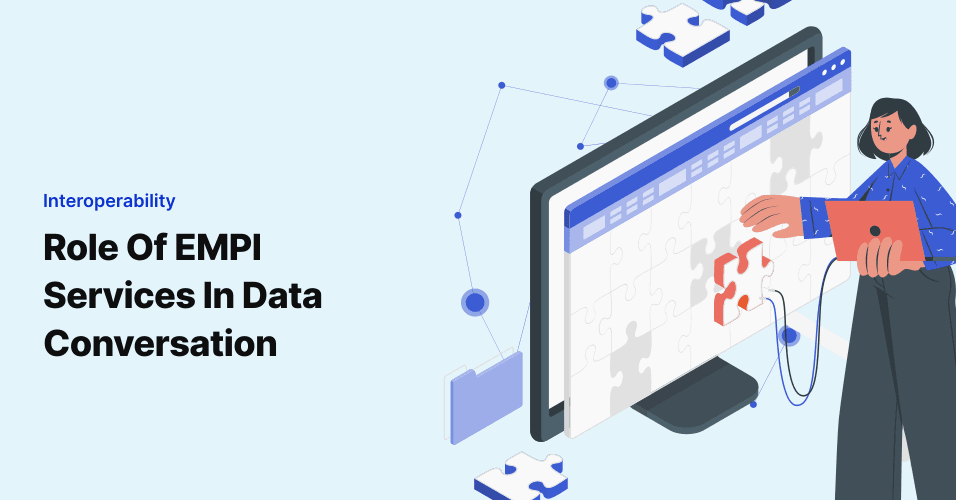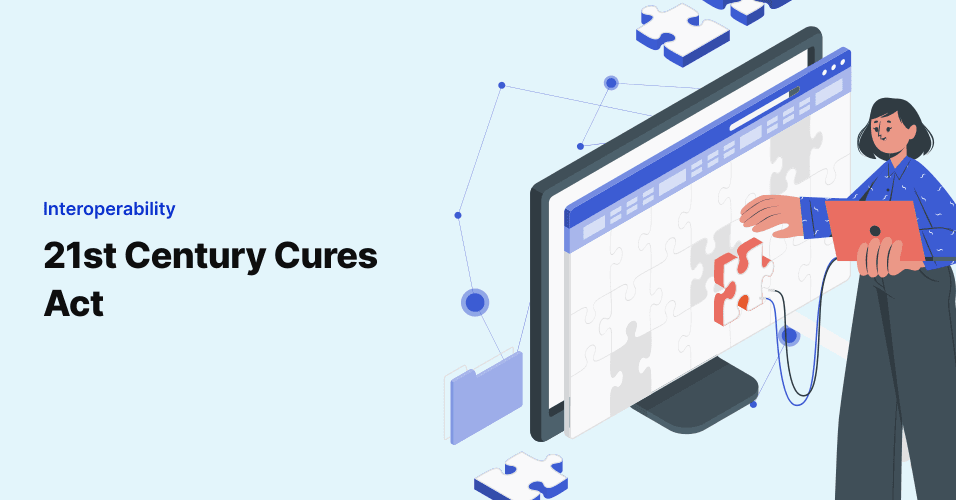
How to Create Healthy EHR Interfaces
One of the key benefits to hospitals for investing in a robust EHR like Epic is to not only cultivate their …

In the digital age, healthcare organizations must take additional steps to ensure patient data is protected and secure.
It is very essential to protect patient data and maintain its security with the help of compliant regulations. This helps ensure patient privacy, prevent unauthorized access and data breaches, and comply with legal requirements. Non-compliance can result in legal and financial consequences. On the other hand, protecting patient data can maintain the trust of patients and the reputation of healthcare organizations.
HIPAA compliance - the Health Insurance Portability and Accountability Act is one such complaint regulation covering various healthcare information activities, including archival.
In this blog post, we’ll break down everything you need to know about achieving HIPAA-compliant solutions for healthcare data archiving - from understanding why your organization’s health data needs to be HIPAA-compliant to the benefits of archiving data in a secure cloud-based system. Read on as we delve into this comprehensive guide on ensuring your organization follows the necessary guidelines for protecting important health information.
Explore:
HIPAA stands for the Health Insurance Portability and Accountability Act, which is a federal law enacted in the United States in 1996. Its primary purpose is to protect the privacy and security of Personal Health Information, also known as Protected Health Information (PHI).
HIPAA established national standards for the electronic exchange, privacy, and security of PHI and applies to covered entities, such as healthcare providers, health plans, and healthcare clearinghouses.
HIPAA compliance is critical to ensuring the protection and confidentiality of your patient’s Personal Health Information (PHI). A patient’s health data contains sensitive information about their physical and mental health, treatments, and medical history. This information is highly personal and can be used to identify the patient, which makes it vulnerable to misuse or theft. For example, if a patient health data is accessed by an unauthorized person, it could be used for identity theft, insurance fraud, or other criminal activities.
Apart from this, HIPAA compliance also helps ensure that healthcare providers and other covered entities follow the appropriate guidelines for protecting PHI. This includes implementing security measures such as access controls, encryption, and audit trails to monitor who is accessing the PHI and how it is being used.
There are several penalties that come with not being HIPAA-compliant. They can be quite severe and can include fines, criminal charges, loss of reputation, litigation costs, and corrective action. It is essential for healthcare providers and covered entities to implement HIPAA-compliant policies and procedures to avoid these penalties and protect patient privacy.
HIPAA mainly protects PHI (Personal Health Information) and ePHI (Electronic Personal Health Information).
PHI includes any information that can be used to identify a patient’s past, present, or future health status, including:
Electronic Personal Health Information (ePHI) is a subset of Personal Health Information (PHI) that is transmitted, created, received, or stored electronically. It can include information such as data stored on computers, servers, or mobile devices and any data transmitted through email, text messages, or other electronic means.
Health data archives can help healthcare providers become HIPAA-compliant and meet their data archival needs in several ways:
Since laws, regulations, and standards often change over time, it is crucial for health organizations to stay up-to-date with these changes and modify their security architecture accordingly. With proper risk assessment strategies in place and continual audits of confidential data stored at rest or in transit, organizations can confidently ensure they’re properly protecting any health or medical records that go through their system.
Archiving health data in a secure, cloud-based system can provide several benefits. Some of them are as follows:
The importance of HIPAA compliance when archiving health data cannot be overstated. Hence, it is very important for health organizations to have an archive solution that will provide competent and compliant ways to archive sensitive information. A solution like Muspell Archive provides an affordable and secure archiving solution while ensuring unrivaled compliance with various standards, including HIPAA.
Join over 3,200 subscribers and keep up-to-date with the latest innovations & best practices in Healthcare IT.

One of the key benefits to hospitals for investing in a robust EHR like Epic is to not only cultivate their …

When it comes to data conversion for health information (PHI), there are many aspects to consider to ensure …

Healthcare IT circles have been focused on interoperability for decades now. As EHRs like Epic have become …